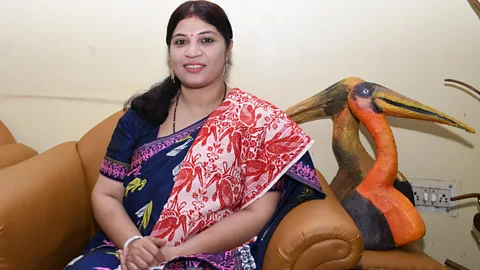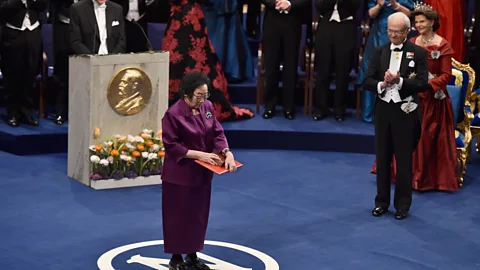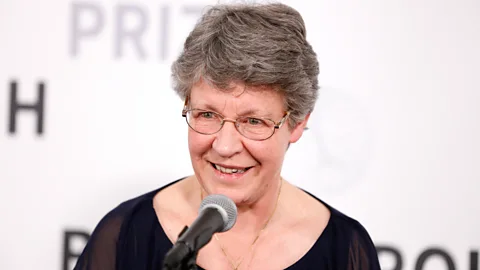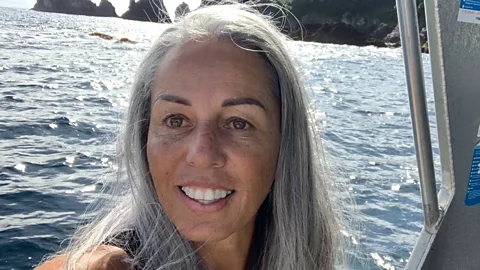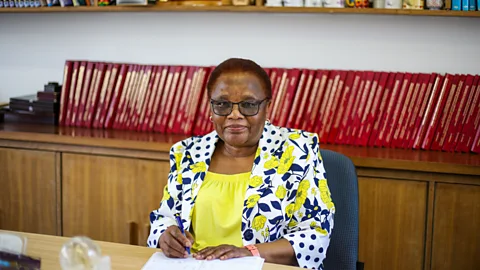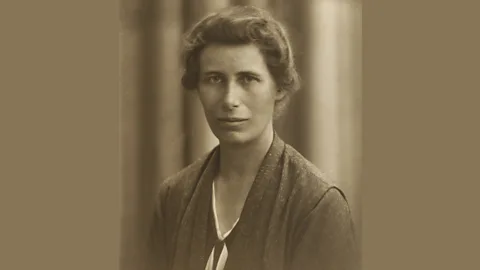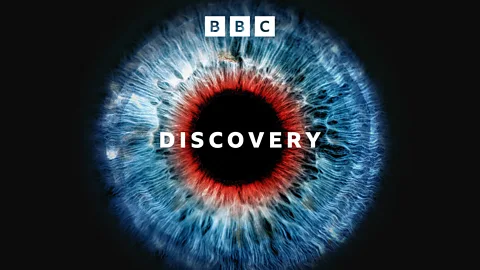
Discovery
Discovery
Uncharted: The golden spike
Up next
February 3, 2025
26 minutes
Available for over a year
At a conference in Mexico, one scientist’s outburst sparks a global quest to find a ‘golden spike’ - the boundary marking the shift into a new geological period dominated by humans, not volcanoes or asteroids. From plastics and concrete to nuclear fallout, the data they uncover reveals a planet profoundly altered. But can they convince their colleagues and the world of the extent of this transformation? Meanwhile, in a small Italian city nestled in the Apennine mountains, a series of low-level tremors raise the question: Is this just a ing phase, or a warning of something much more devastating?

